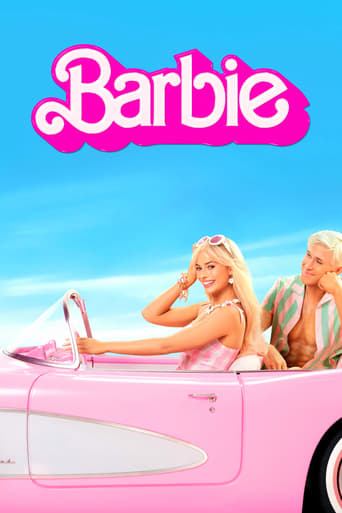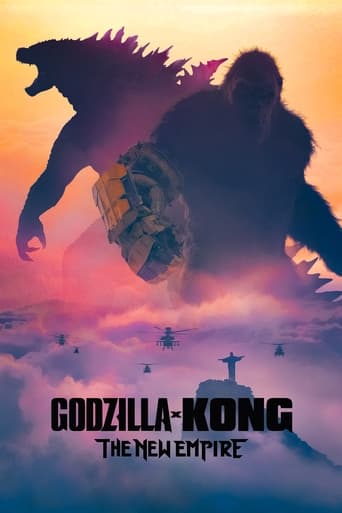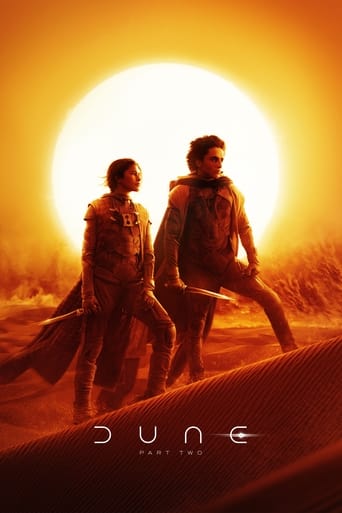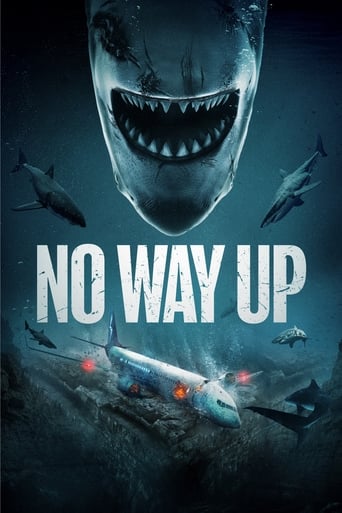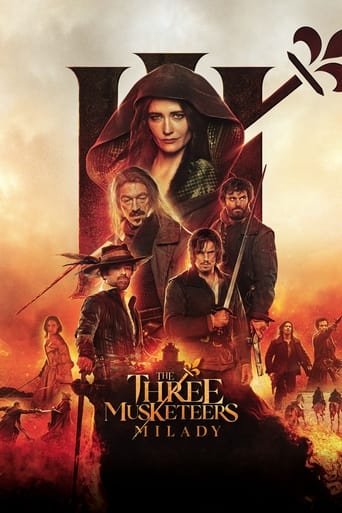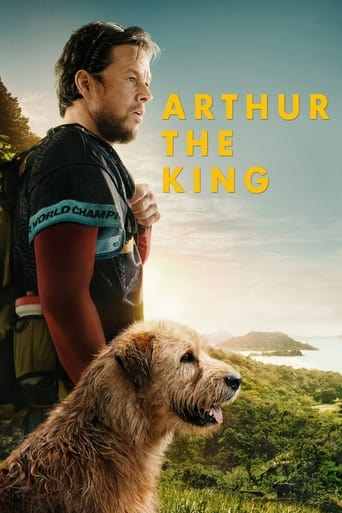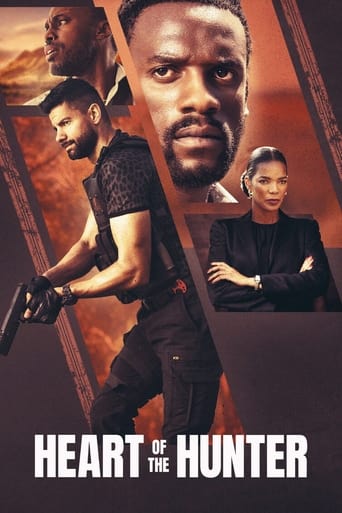Is it time for Johnny Depp's Captain Jack Sparrow to walk the plank?
Before we condemn him to eternal rest in Davy Jones’ locker, it should be noted that Johnny Depp’s Captain Jack Sparrow, eternal leading light of the Pirates of the Caribbean saga, is as devilishly flamboyant as ever in the new instalment, Salazar’s Revenge (Dead Men Tell No Tales in the US). In part, this is surely down to the sheer joy Depp clearly continues to get from playing the role that brought him greater recognition, as well as his continuing determination to up his game whenever he slips on Sparrow’s skin. It may also be because it is impossible to become a caricature of oneself – this being the fifth Pirates movie in 14 years – when the character one is playing was a delightfully preposterous burlesque in the first place.
The swivel-eyed pouting and charmingly floppy-wristed mincing with which our hero flounced on to the scene in 2003’s The Curse of the Black Pearl have become no more extreme in the past decade and a half, while the familiar Keith Richards-esque brogue sticks to the pirate lord with barnacle-like tenacity. Nor has Sparrow shifted greatly in terms of moral compass: he is always out for himself, though he retains a passing fondness for those who accompany him on his adventures.
In Hollywood’s grand pantheon of singular blockbuster cinema creations, perhaps only Robert Downey Jr’s Iron Man currently stands taller. Both parts helped to parachute their stars into A-list leading-man status, but it is Downey Jr who has had more help from Disney over the years when it comes to retaining it. The reason we should be hoping that Salazar’s Revenge sees the final outing for Sparrow is that the scurvy seadog creative team behind him seems to have long ago stopped caring about these movies.
Perhaps the saga’s origins are to blame. Where the Marvel superhero movies have more than half a century’s worth of comic books to draw upon, Pirates of the Caribbean was originally a fairground ride at Disneyland in California. Faced with a deficit of source material, screenwriters have dipped into a hotchpotch of fables, from nautical superstition (Bill Nighy’s tentacle-faced Davy Jones in 2006’s Dead Man’s Chest and 2007’s At World’s End) to Aztec mythology (the titular curse from Curse of the Black Pearl). One character, Naomie Harris’s Tia Dalma/Calypso even combines elements taken from ancient Greek mythology with resurrection skills drawn from the Vodou-like Obeah cult.
In short, there is so much theological gravy floating around in the Pirates of the Caribbean movies that it is hard to know which gods are in charge of which situation. Events in the latest instalment suggest the Olympian, Poseidon, is the daddy of the sea gods, but it would be of little surprise to find the screenwriters of the next movie deciding to raise a different set of deities to the salty throne, should it suit them. For this is a series that delights in invoking the name of whichever god might be convenient at any given time to resurrect.
There are hints in Salazar’s Revenge that Nighy’s Davy Jones might be back in part six, which would mark the umpteenth time that a character has been restored to life. The most infamous example is that of Geoffrey Rush’s Captain Barbossa, brought back by Tia Dalma, in the final scenes of Dead Man’s Chest, after being killed off in Black Pearl. But we’ve also seen Sparrow himself and Orlando Bloom’s Will Turner dipping in and out of mortality as easily as slipping on a new waistcoat. None of this matters greatly in such fantastical material, except when (mild spoiler) the film-makers still seem to want us to care deeply when major characters lose their lives.
There are also suggestions that the series has forgotten the subtleties of female characterisation that were embedded in its earlier movies. Few and far between on the high seas they may have been, but piratey ladies such as Keira Knightley’s Elizabeth Swann and Penélope Cruz’s Angelica usually managed to just about hold their own against Sparrow and his ilk. Yet in the new instalment, Swann is reduced to a cringeworthy cameo, while her replacement, Kaya Scodelario’s Carina Smyth, feels like a thinly drawn stand-in. The screenplay makes great play of the young woman’s excellent scientific mind, yet insists on constantly placing her in positions where she can be ogled and subjected to appallingly Trump-like comments from Depp.
Salazar’s Revenge also features plotting so clunky you can see the cogs whirring, not to mention a willingness to cannibalise the storylines of earlier instalments that makes The Force Awakens’ cribbing from the original Star Wars look mild in comparison. JJ Abrams’ 2015 space opera got away with it because audiences were happy enough to see a return to the saga’s traditional tropes after the ill-advised foray into turgid space pantomime that marked out the prequel films. But Pirates of the Caribbean has neither the hardcore fan base nor the nostalgic vitality to be able to get away with a similar approach.
It is not a spoiler, at least not for anyone who has watched the trailers and noted the existence of Javier Bardem’s zombie-like Armando Salazar and his crew, to reveal that undead seamen are once again a big part of the story, which you might think reasonable enough given the saga’s template is swashbuckling supernatural fantasy. But if all this series will ever be able to give us – time and again, with mild variations each iteration (perhaps like the ride upon which it was based) – is ghostly pirate villains who are out to take revenge on our eternally flamboyant hero, it might be just about time for Sparrow and his crew to be made to walk the plank.
